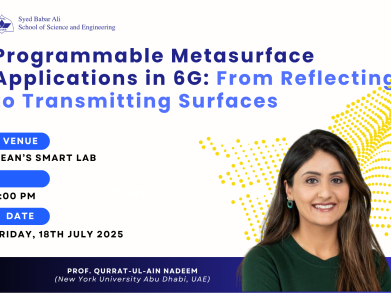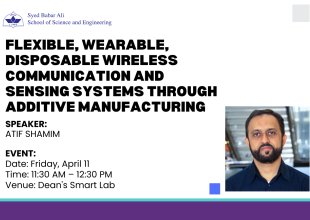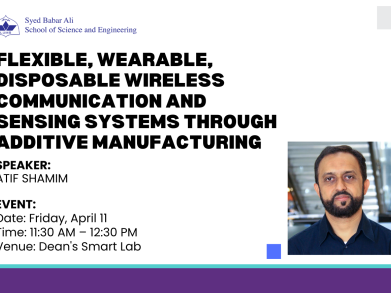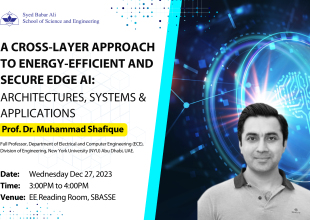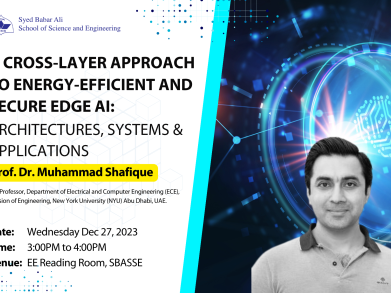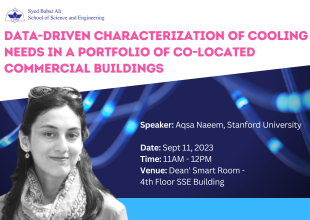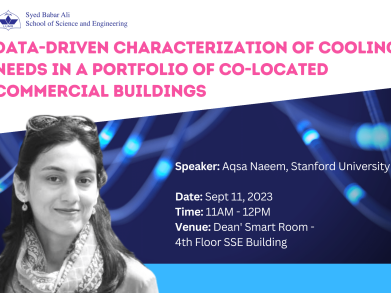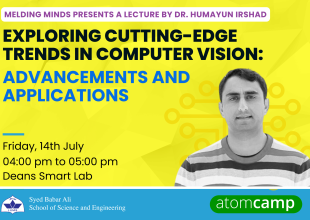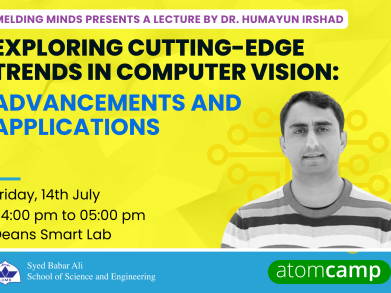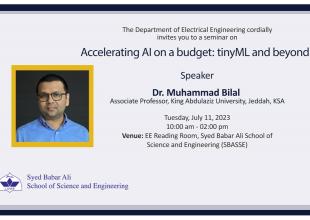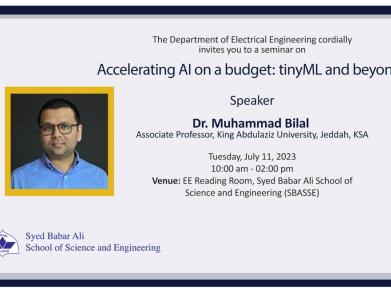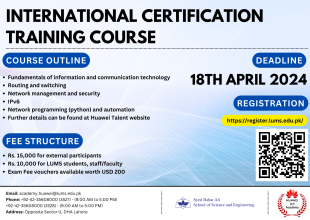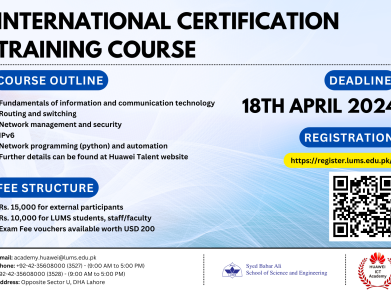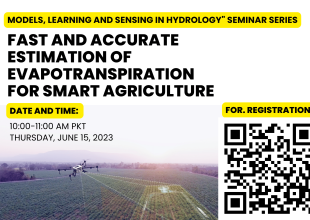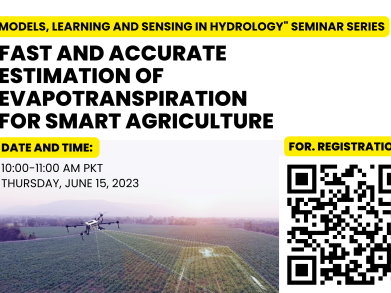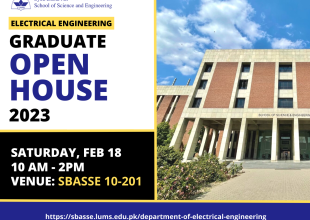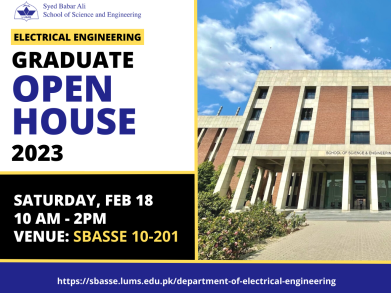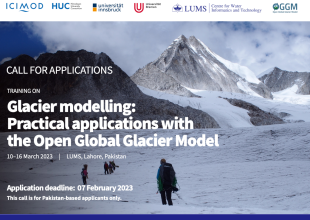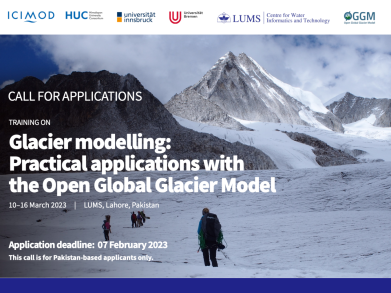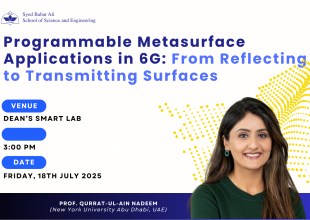
Qurrat-Ul-Ain Nadeem is an Assistant Professor of Electrical Engineering at New York University (NYU) Abu Dhabi, UAE, and an Associated Faculty at NYU Tandon School of Engineering, Brooklyn, USA. From 2019 to 2023, she worked as a Postdoctoral Research Fellow in the Electrical Engineering Department at the University of British Columbia (UBC), Canada. She received her M.S. and Ph.D. degrees in electrical engineering from King Abdullah University of Science and Technology (KAUST), Saudi Arabia in 2015 and 2018 respectively, and her B.S. degree in electrical engineering from Lahore University of Management Sciences (LUMS), Pakistan in 2013. Her research interests lie in the areas of communication theory, signal processing, and electromagnetics and antenna theory. Dr. Nadeem received the prestigious Paul Baron Young Scholar Award by The Marconi Society in 2018 for her work on full-dimension massive MIMO systems. She also received the NSERC Postdoctoral Fellowship Award in 2021, and has been recognized among the top 10 Rising Stars in Computer Networking and Communications by N2Women in 2024. She currently serves as an Editor of IEEE Transactions on Wireless Communications and IEEE Communications Letters, and has served as a Guest Editor of IEEE Network Magazine in 2024. She also serves as a co-chair of several tracks and workshops at flagship conferences of IEEE Communications Society.

